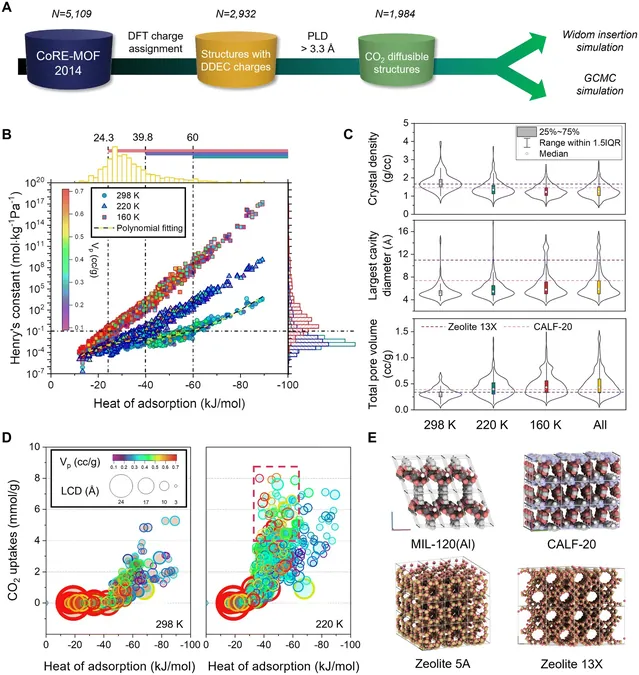
Shocking Heart Attack in Young Mumbai Bride: Could PCOS and Birth Control Be to Blame?
2025-06-09
Author: Arjun
In a twist that could send shockwaves through young women everywhere, 27-year-old Payal (name changed) from Mahim experienced a heart attack that has raised serious health concerns. Just a newlywed enjoying her life, Payal's world turned upside down on June 2 when she faced intense acidity and sharp chest pains late at night.
Under the care of cardiologist Dr. Kaushal Chhatrapati at Saifee Hospital, Payal showed alarming ECG changes that confirmed the heart attack early on June 3. A stent was swiftly placed in her circumflex artery, restoring blood flow. This terrifying event sent her family reeling, especially given her youth and the common belief that estrogen protects women of childbearing age against heart diseases.
However, Dr. Chhatrapati believes the root cause may lie in the contraceptive pills Payal had been taking to manage her polycystic ovary syndrome (PCOS). This hormonal disorder, affecting one in five urban adolescent girls in India, leads to irregular periods and can result in significant health risks.
A groundbreaking study published in The BMJ revealed the grim reality: combined estrogen-progestin birth control pills can double the risk of ischemic stroke and heart attacks. The alarming statistics suggest that for every 10,000 women on the pill for a year, there’s an additional heart attack.
According to gynecologist Dr. Kiran Coelho, strokes are particularly concerning, with women as young as 22 experiencing these critical health issues. Although many women rely on birth control to manage their PCOS symptoms, the risks are becoming increasingly clear.
Compounding the issue is the dramatic rise of PCOS linked with obesity and insulin resistance, leading to disrupted blood lipid levels, which further heightens the risk of heart diseases. "Urban women face high stress levels and childhood obesity is on the rise, significantly escalating the chances of PCOS," Dr. Coelho stated.
Dr. Rajeev Bhagwat, a cardiologist at Nanavati Hospital, highlights the necessity of a thorough evaluation of family histories before prescribing contraceptive pills, given their known link to increased blood clot risks. "Family history plays a critical role in heart disease among young individuals," he cautioned.
With the stakes so high, it’s crucial for young women and their healthcare providers to reconsider the implications of PCOS management and birth control, potentially safeguarding many against life-threatening heart conditions.



 Brasil (PT)
Brasil (PT)
 Canada (EN)
Canada (EN)
 Chile (ES)
Chile (ES)
 Česko (CS)
Česko (CS)
 대한민국 (KO)
대한민국 (KO)
 España (ES)
España (ES)
 France (FR)
France (FR)
 Hong Kong (EN)
Hong Kong (EN)
 Italia (IT)
Italia (IT)
 日本 (JA)
日本 (JA)
 Magyarország (HU)
Magyarország (HU)
 Norge (NO)
Norge (NO)
 Polska (PL)
Polska (PL)
 Schweiz (DE)
Schweiz (DE)
 Singapore (EN)
Singapore (EN)
 Sverige (SV)
Sverige (SV)
 Suomi (FI)
Suomi (FI)
 Türkiye (TR)
Türkiye (TR)
 الإمارات العربية المتحدة (AR)
الإمارات العربية المتحدة (AR)